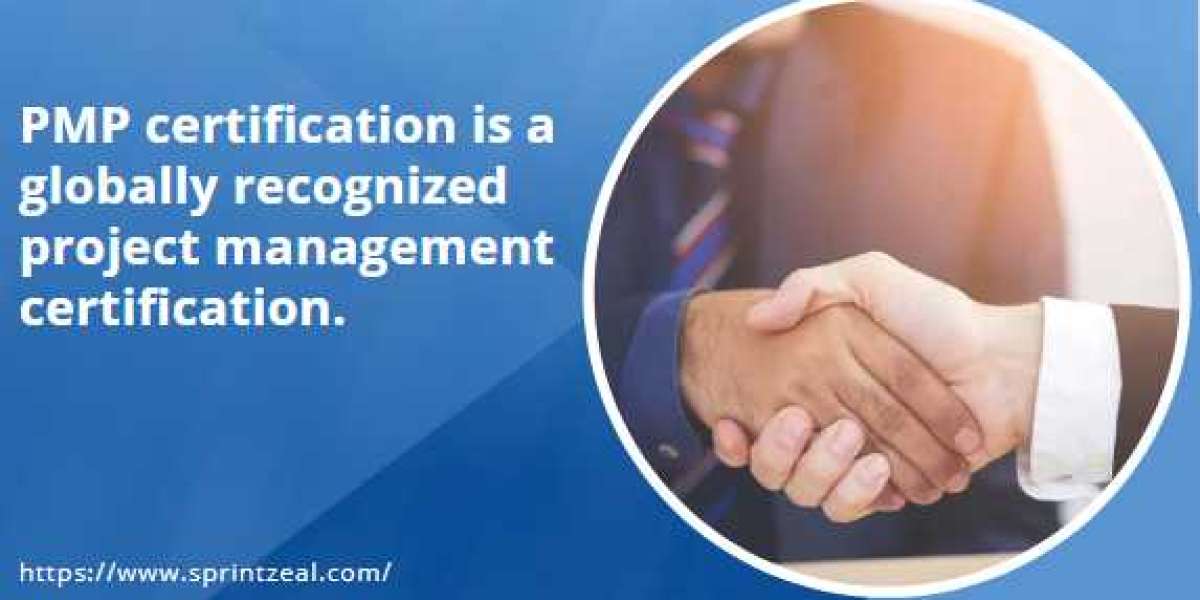The Project Management Professional (PMP) certification is a highly sought-after credential for project managers looking to advance their careers and showcase their expertise in the field. Achieving PMP certification requires dedication, strategic preparation, and a solid understanding of project management principles. In this guide, we will explore how to study for the PMP certification and successfully pass the exam.
Understanding the PMP Certification
Before diving into the study strategies, it's crucial to understand what the PMP certification entails. Offered by the Project Management Institute (PMI), the PMP certification is a globally recognized standard for project management professionals. It demonstrates your ability to manage projects effectively and efficiently, ensuring successful project outcomes.
The PMP exam is challenging and covers a broad range of project management topics, including initiation, planning, execution, monitoring and controlling, and closing. It also assesses your understanding of professional and social responsibility. The exam consists of 200 multiple-choice questions, and you have four hours to complete it.
Creating a Study Plan
One of the keys to success in the PMP certification journey is developing a well-structured study plan. Here's a step-by-step guide to creating an effective study plan:
1. Understand Your Current Knowledge:
Assess your current understanding of project management concepts and identify your strengths and weaknesses. This will help you tailor your study plan to focus on areas that need improvement.
2. Review the PMBOK Guide:
The Project Management Body of Knowledge (PMBOK) Guide is the primary reference for the PMP exam. Thoroughly review this guide, as it provides the foundation for the exam questions. Take notes and create summaries for each knowledge area.
3. Utilize Additional Resources:
While the PMBOK Guide is essential, supplement your studies with other resources, such as PMP exam prep books, online courses, and practice exams. These resources provide different perspectives and help reinforce your understanding.
4. Set Realistic Goals:
Break down your study plan into manageable goals. Set specific objectives for each study session, whether it's reading a chapter, taking practice quizzes, or reviewing flashcards. This approach makes your study plan more achievable and less overwhelming.
5. Allocate Dedicated Study Time:
Consistency is key. Dedicate specific time slots for your PMP exam preparation. Whether it's an hour each day or a more extended study session on weekends, having a consistent schedule will help you stay on track.
Effective Study Techniques
Now that you have a solid study plan in place, it's time to explore effective study techniques to enhance your understanding and retention of the material:
1. Active Learning:
Engage actively with the study material. Instead of passively reading, take notes, create mind maps, and teach the concepts to yourself or a study partner. Active learning enhances comprehension and retention.
2. Practice with Simulated Exams:
Familiarize yourself with the exam format and build your confidence by taking simulated practice exams. Many online platforms offer practice tests that closely mimic the actual PMP exam. Analyze your performance and focus on areas where you need improvement.
3. Join Study Groups:
Connect with other PMP aspirants through study groups or online forums. Discussing concepts with peers can provide new insights, clarify doubts, and offer a sense of camaraderie. Explaining concepts to others reinforces your own understanding.
4. Flashcards for Memorization:
Create flashcards for key terms, formulas, and processes. Use these flashcards for quick review sessions, reinforcing your memory of critical concepts. Flashcards are particularly useful for memorizing ITTOs (Inputs, Tools and Techniques, and Outputs).
5. Continuous Review and Revision:
Regularly review the material you've covered to reinforce your learning. Schedule periodic revision sessions to ensure that the information stays fresh in your mind. This is especially important as the exam date approaches.
Exam Day Strategies
As the exam day approaches, it's essential to have a clear strategy to maximize your chances of success:
1. Time Management:
The PMP exam is time-intensive, with 200 questions to be answered in four hours. Practice time management during your simulated exams to ensure you can pace yourself effectively on the actual day.
2. Read Questions Carefully:
Pay close attention to each question. The PMP exam often includes scenario-based questions that require a thorough understanding of the situation. Read the questions carefully, and don't rush to answer.
3. Answer Every Question:
There is no penalty for guessing on the PMP exam, so ensure that you provide an answer for every question. If you're unsure about a particular question, make an educated guess and move on.
4. Stay Calm and Focused:
Exam stress is normal, but it's crucial to stay calm and focused. Take deep breaths if you feel overwhelmed, and remember the preparation you've put in. Trust your knowledge and approach each question with confidence.
5. Review Your Answers:
If time allows, review your answers before submitting the exam. Double-check for any overlooked errors or misinterpretations. However, avoid making last-minute changes unless you are confident in the corrections.
Celebrate Your Achievement
Once you've completed the PMP exam, take a moment to celebrate your hard work and dedication. Regardless of the outcome, the experience of preparing for and taking the PMP exam is valuable for your professional growth.
Conclusion
Studying for the PMP certification requires a combination of strategic planning, effective study techniques, and a commitment to continuous learning. By understanding the exam structure, creating a comprehensive study plan, and employing active learning strategies, you can increase your chances of passing the PMP exam and showcasing your project management expertise to the world. Remember, success in the PMP certification journey is not just about passing the exam but also about acquiring valuable skills that will benefit you throughout your career Sprintzeal. Good luck on your PMP certification journey!







